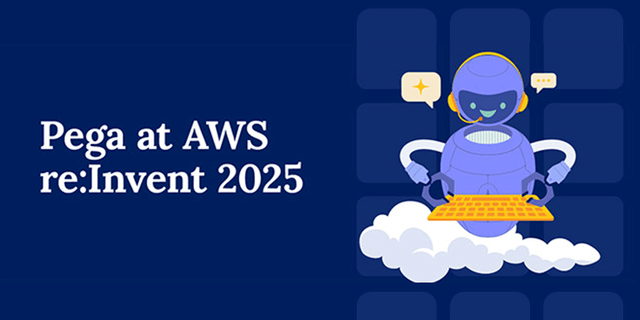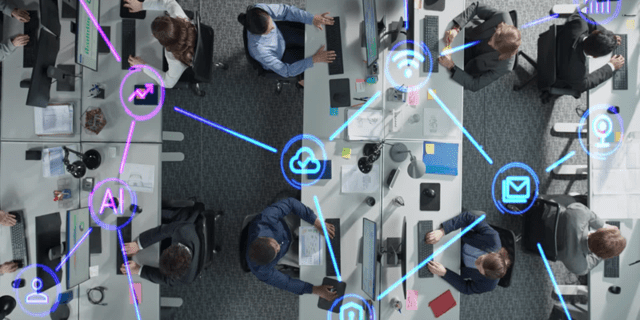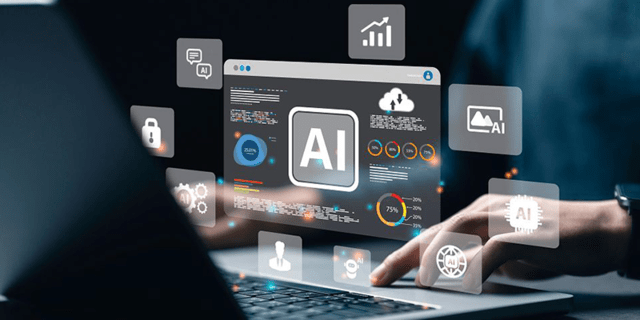
The Pega Blog
Where Pega leaders, technologists and innovators share their take on the future of work and tech.
Log in to subscribe
Terry Lamb
Supply chain transformation, cloud infrastructure

Ken Stillwell
The CIO’s mandate: Transform legacy into enterprise agility

Tara DeZao
The future starts now with intelligent orchestration: Welcome to agentic marketing

Alyssa Danilow
Scaling your action library

Cas Skuqi
The legacy launchpad: How AI turns yesterday’s tech into tomorrow’s advantage

Boris Kouevi
How smart AI gets stuck and how to fix it

Cas Skuqi
Racing past legacy: How Pega Blueprint reimagines digital change

Bill Marshall
The compliance trap: Why CMS deadlines are your transformation opportunity, not your checkbox

Alex Exum
AWS re:Invent highlights: Eliminating tech debt, AI you can trust, and joint partner solutions

Matt Schelin
Why speed separates winning manufacturers from the rest

Carla Kitsuta
Beyond the black box: Why your enterprise needs predictable AI agents

Steve Morgan
Modernizing legacy systems to power AI in banking

Doug Stitzer
Now is the time for insurers to break free from technical debt

Alex Exum
Breaking free from the mainframe: How Accenture and AWS are reimagining legacy modernization

Jessie Eteng
From chaos to coherence: Orchestrating work with AI and BOAT

Matt Healy
Beyond AI hype: The shift to agentic operations

Ravesh Lala
AI-driven app modernization: Reimagining legacy systems for the future

Bill Kinderman
